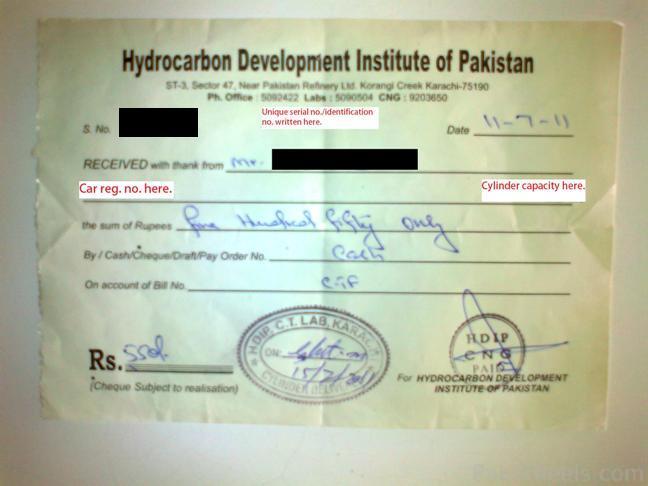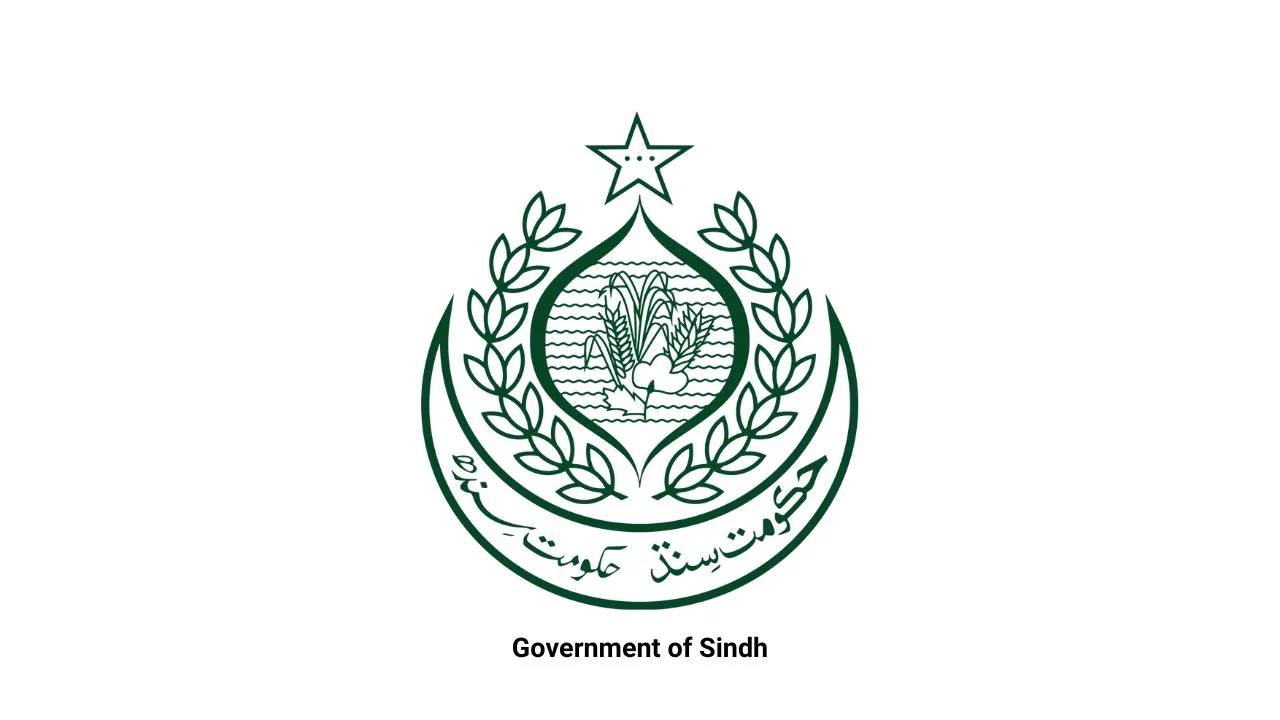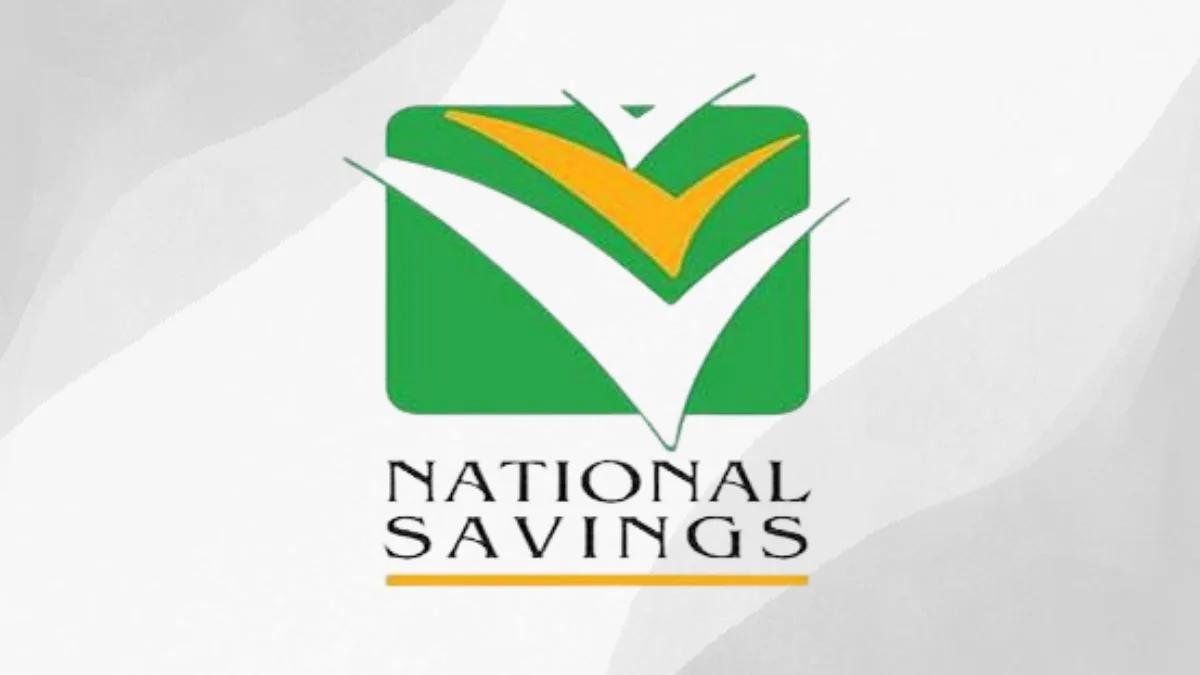In this article we will discuss the certification of CNG cylinders by the official authorities, which is very important for safety.
All the CNG vehicle owners have been asked to use certified CNG cylinders and kits in their vehicles and get them tested by trained personnel every five years.
Getting Vehicle’s CNG Cylinder checked is a MUST. Do not ignore this.
Usually people prefer high pressure exceeding 220 bars, which is dangerous – The limit assigned for these Cylinders is 200 bars pressure.
The Oil and Gas Regulatory Authority issued the notice for public awareness.
Certificate

NOTICE BY OGRA
The Compressed Natural Gas (CNG) is a high-pressure gas for which specially designed and fabricated seamless cylinders manufactured in accordance with prescribed standard
are used in vehicles. Only the valid licensees/CNG Stations are authorized to convert vehicles to CNG at their respective facilities. The general public is, therefore, advised to
use only the imported CNG vehicle cylinders (brand new) in vehicles certified by the Oil and Gas Regulatory Authority (OGRA).
All vehicle owners are, therefore, informed for their own safety and interest that they should:
a) Use only the approved brands of imported, seamless, brand New CNG cylinders manufactured as per the NZS 5454-1989 standard and satisfy themselves about their genuineness and fitness before purchasing/installing them from the authorized/licensed CNG Stations.
b) LPG, Oxygen, Nitrogen, Acetylene cylinders are not meant for CNG use. Never use these cylinders, as they cannot withstand CNG pressure of 200 Bars and therefore will explode, causing loss of life and property.
c) Never install a CNG kit/cylinder in the vehicle from any unauthorized roadside conversion workshop/outlet.
d) Never install a cylinder which has been fabricated by joining two halves by means of male and female threads or welding, as only seamless vehicle cylinders
are used for CNG.
e) Never install a used cylinder that has been burnt/damaged during riots or other terrorist activities. Such cylinder is weakened and may lead to serious
accidents resulting in loss of precious lives.
f) Never ask for refueling beyond the allowable maximum pressure of 200 Bars under any circumstances. In case any CNG station is found dispensing CNG at
excess pressure, it may be reported to OGRA for strict action against the station to ensure public safety.
g) Cooperate with the CNG Station refueling staff for inspection of the vehicle cylinder at the time of refueling for your own as well as public safety.
h) Get a CNG cylinder test certificate from the CNG licensee after conversion of thevehicle to CNG.
i) Get vehicle’s CNG system inspected at least once in a year by a trained personnel available at CNG Stations for examination of the cylinder, piping, CNG kit, all components, leakage testing, and performance of the CNG system to ensure its safe operation;
j) Do not smoke during refueling in the vehicle.
k) Ensure that the CNG cylinder installed in the vehicle is within the periodic test life, which is 5 years. In order to determine the validity of the cylinders, the nearest CNG Station or nearest Hydrocarbon Development Institute of Pakistan (HDIP) office may be approached for the purpose. In case the cylinder requires testing, the HDIP testing labs at the following cities should be contacted:
Islamabad Tel. No. 051-9257821-24
Lahore Tel. No. 042-37416507
Karachi Tel. No. 021-35090834
Peshawar Tel. No. 091-9217415
(Sarmad Aslam)
Executive Director (Operations)
Oil and Gas Regulatory Authority
Plot No. 54, ZTE Building, Blue Area, Islamabad
051-9221715-18 Fax 051-2604924









